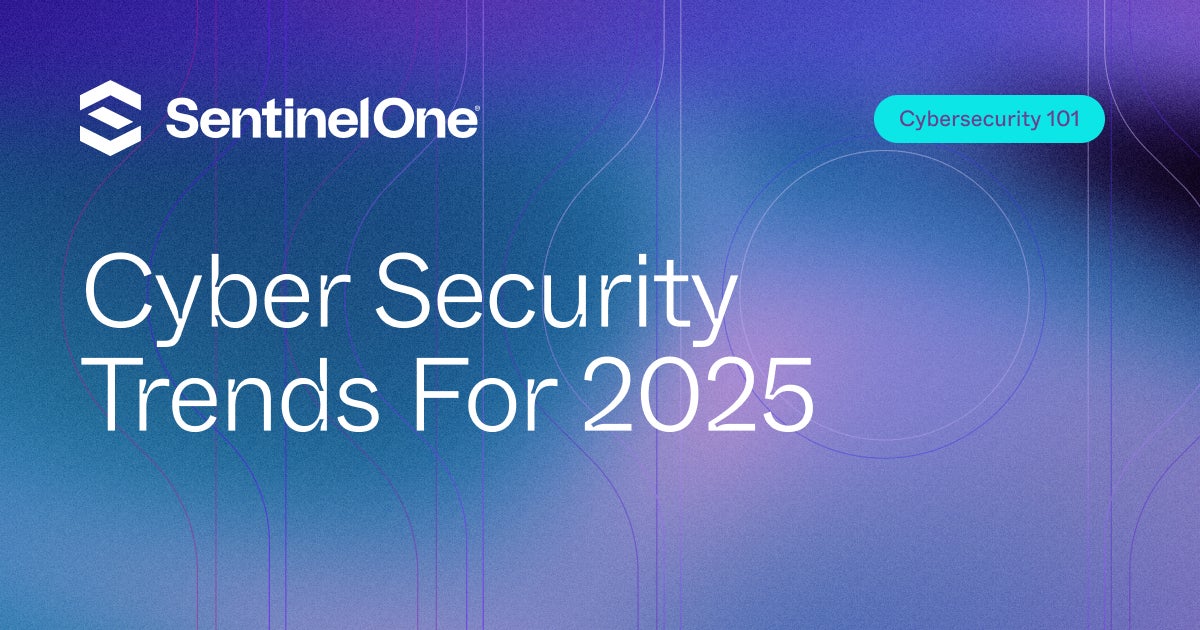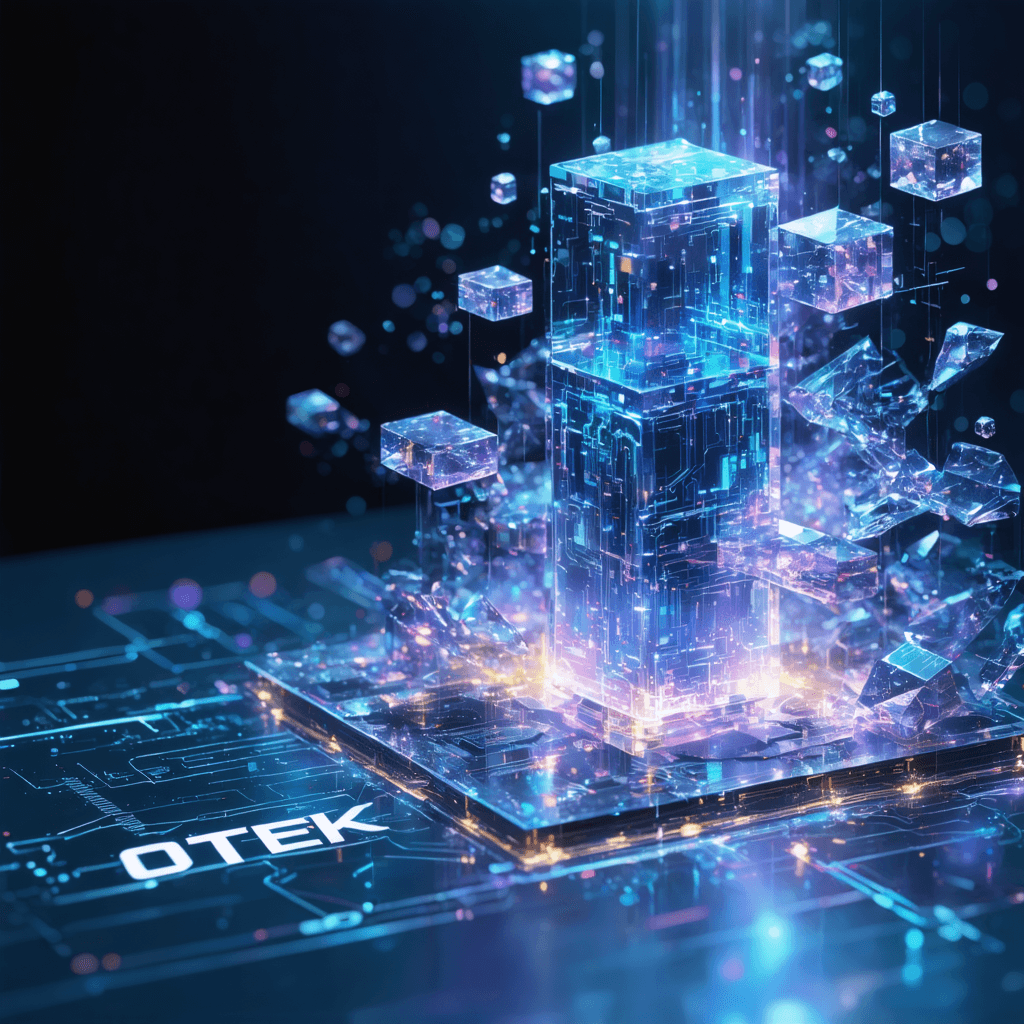AI-Powered OS Revolution: Breaking Barriers in Cross-Platform Automation and Security
The landscape of operating systems is undergoing a revolutionary transformation, driven by artificial intelligence that's reshaping how we interact with and secure our digital environments. This paradigm shift is creating unprecedented opportunities for cross-platform automation while simultaneously strengthening security frameworks across the digital ecosystem.
The Evolution of AI-Powered Operating Systems

Modern operating systems are no longer just platforms for running applications; they've evolved into intelligent ecosystems that learn, adapt, and protect. The integration of AI has transformed traditional OS functions into dynamic, self-optimizing systems that anticipate user needs and automatically adjust to changing conditions.
Intelligent Automation Across Platforms
The latest developments in AI-powered operating systems have broken down traditional barriers between different platforms. Cross-platform compatibility has reached new heights, with AI agents seamlessly orchestrating tasks across Windows, macOS, Linux, and mobile operating systems. According to recent innovations from PwC, their AI Agent Operating System has demonstrated remarkable efficiency, reducing review times by up to 94% through intelligent automation of updates, approvals, and compliance tracking.
Enhanced Security Through AI Integration

Security has taken center stage in the AI-OS revolution, with sophisticated protection mechanisms that leverage machine learning to identify and neutralize threats in real-time. Key security advancements include:
- Predictive Threat Detection: AI algorithms continuously analyze system behavior to identify potential security risks before they materialize
- Automated Response Systems: Intelligent security protocols that automatically implement countermeasures against detected threats
- Cross-Platform Security Integration: Unified security frameworks that provide consistent protection across different operating systems and devices
The Rise of Autonomous Computing
The integration of AI into operating systems has given rise to autonomous computing environments that require minimal human intervention. These systems can:
- Self-optimize performance based on usage patterns
- Automatically allocate resources for maximum efficiency
- Implement security patches and updates without disrupting workflow
- Manage cross-platform compatibility issues proactively
Enterprise Implementation and Benefits

Organizations implementing AI-powered operating systems are experiencing significant benefits:
Improved Productivity
- Automated workflow management
- Intelligent task prioritization
- Reduced system maintenance overhead
Enhanced Security
- Real-time threat detection and response
- Automated compliance monitoring
- Unified security protocols across platforms
Cost Efficiency
- Reduced IT support requirements
- Optimized resource utilization
- Lower system downtime
The Future of AI-OS Integration
Looking ahead, the convergence of AI and operating systems is expected to continue evolving. Key trends include:
Deeper Learning Integration: Operating systems will become more intuitive and predictive in understanding user behavior and preferences.
Enhanced Cross-Platform Synergy: Seamless integration between different platforms and devices will become standard.
Advanced Security Frameworks: AI-driven security systems will evolve to combat increasingly sophisticated cyber threats.
Practical Implementation Strategies
For organizations looking to leverage AI-powered operating systems:
Start with Assessment: Evaluate current infrastructure and identify areas where AI integration can provide the most value.
Phased Implementation: Begin with pilot programs in non-critical areas before full-scale deployment.
Training and Adaptation: Ensure staff are properly trained to utilize new AI-powered features effectively.
Regular Evaluation: Monitor system performance and security metrics to optimize AI integration.
Challenges and Considerations
While the benefits are significant, organizations should be aware of potential challenges:
- Initial implementation costs
- Training requirements for IT staff and end-users
- Data privacy considerations
- Integration with legacy systems
Conclusion
The AI-powered OS revolution represents a fundamental shift in how we interact with and manage computing systems. By breaking down barriers between platforms and strengthening security frameworks, these intelligent operating systems are paving the way for a more efficient and secure digital future.
Ready to embrace the future of AI-powered operating systems? Explore comprehensive courses and resources at 01TEK to stay ahead in the digital transformation journey. Visit 01TEK's Learning Portal today to begin your journey into the future of computing.
Sources: [1]: Future of Security Technology [2]: Lenovo AI Innovation [3]: PwC AI Agent OS [4]: AI Revolution Overview [5]: CrowdStrike AI Security [6]: Cyber Security Trends 2025 [7]: Google Cloud Next 2025
Whether you think you can or you can’t, you’re right.
Henry Ford



